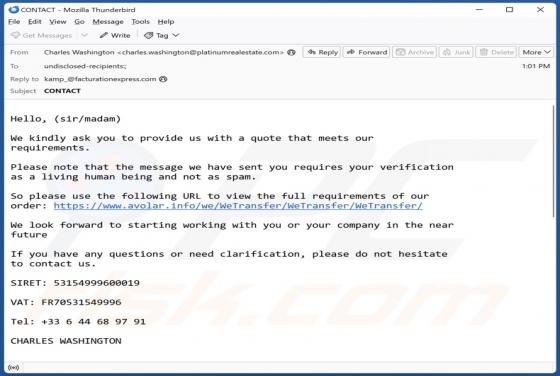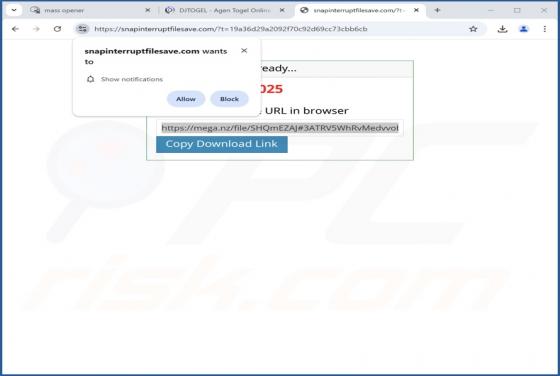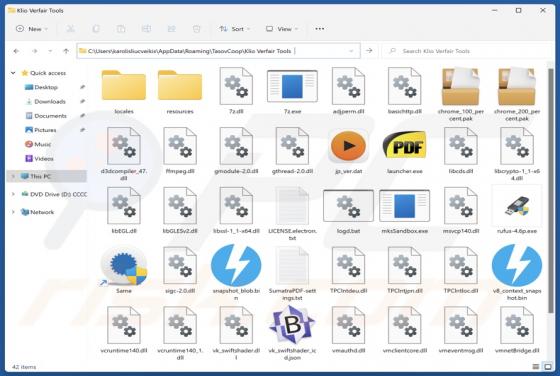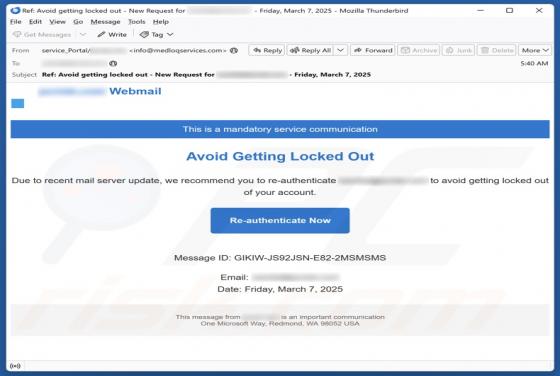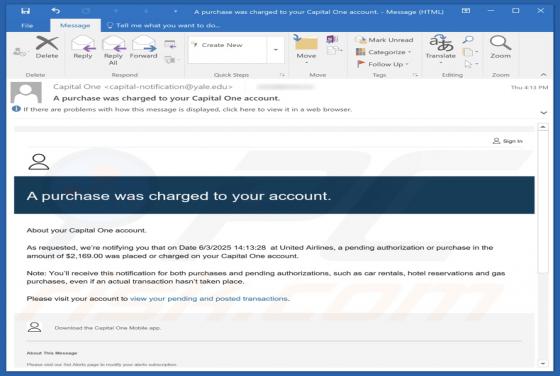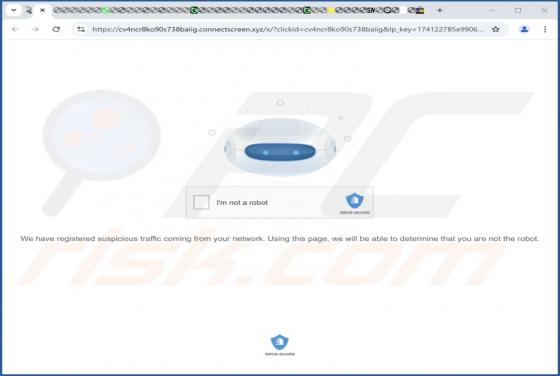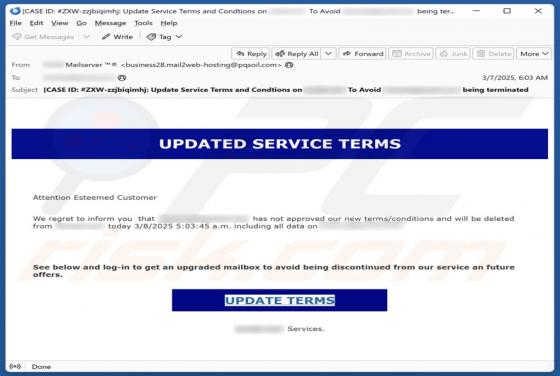
Updated Service Terms Email Scam
After examining this "Updated Service Terms" email, we determined that it is spam. It alerts recipients of updated terms of service that were not accepted; thus, their email accounts will be deactivated. This message endorses a phishing site targeting email log-in credentials. This spam em
